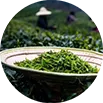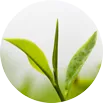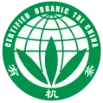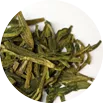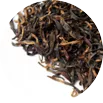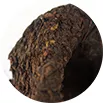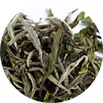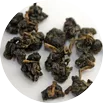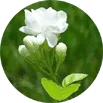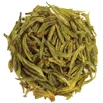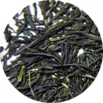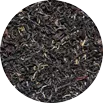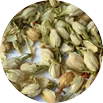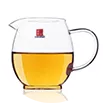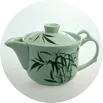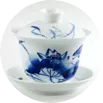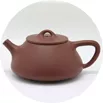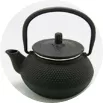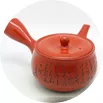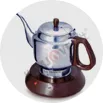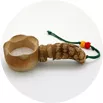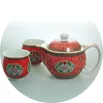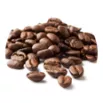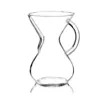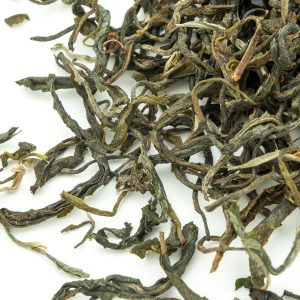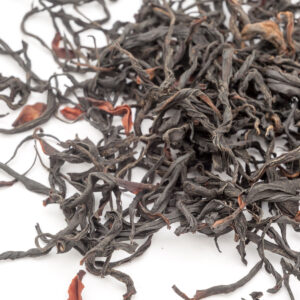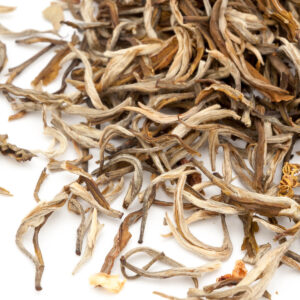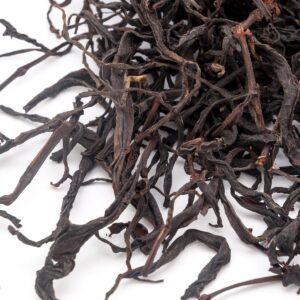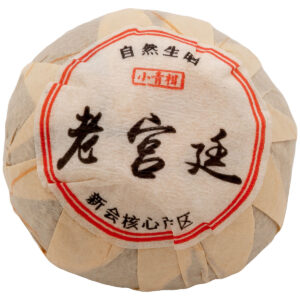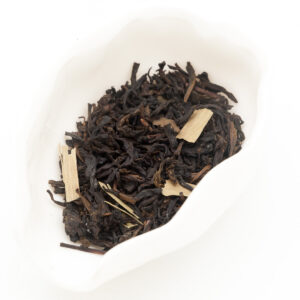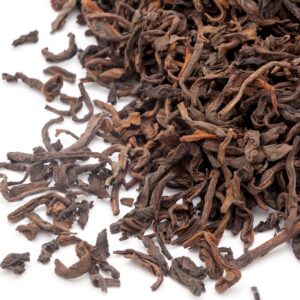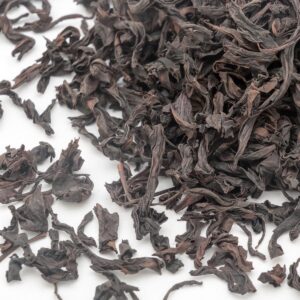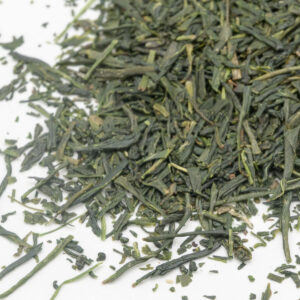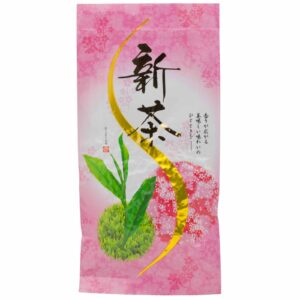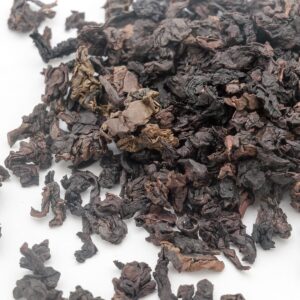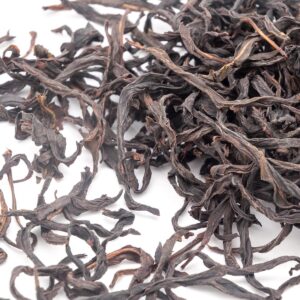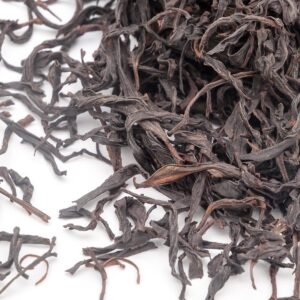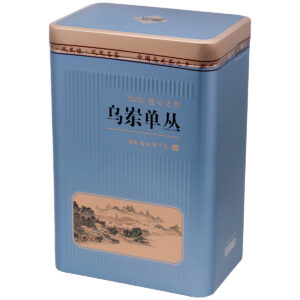Yunnan Mao Jian Ye Sheng
Dian Hong Ye Sheng
Hua Cha Cui Ming
Zheng Shan Xiao Zhong
Xiao Qing Gan 2009 Xinhui
An Cha 2023
Yi Wu 2006 shu Hong Kong
Tie Luo Han
"Iron arhat"-is one of the most famous rock tea in Wu Yi Shan area.
The dry leaves are dark in color and have a toasted and dark chocolate flavor. During the brewing process, the leaves are dark green. The tea soup is darker in color, balanced in taste, with a long-lasting sweet aftertaste, with a distinct floral fragrance. After the last cup of drinking, the floral-like sweetness lasts for a long time.
Shincha
Tie Guan Yin Tan Bei
Wu Dong Mi Xiang
"Phoenix from Wudong" is the darker color, more baking, and therefore more obvious representative of "Phoenix" in our products. Orange tea soup, with the sweet aroma of ripe fruit, fresh and juicy taste and pleasant stimulating effect.
The tea comes from selected small batches of products from the higher altitudes of Fengshan. Completely manual processing is a matter of course, and traditional meticulous baking is also a matter of course - this is a very critical step in the processing of oolong tea, which requires a lot of skills and experience.


